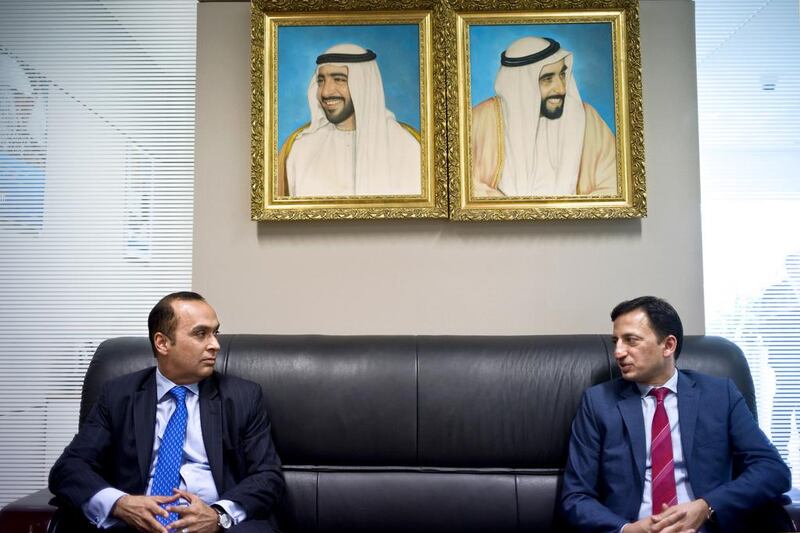Citibank, the New York-based lender, is expanding its retail banking business in the UAE, betting that its international network will attract customers that want to build long-term relationships wherever they may be.
The push comes even as competition among banks for consumer clients intensifies and the margins on retail services tighten.
But instead of dramatically expanding its physical presence on the ground, Citibank is focusing instead on digital banking to attract the tech savvy and affluent who want a global reach and no longer place a premium on the branch network.
That expansionary drive will include setting up digital banking centres in malls. It recently began offering new online services including global securities and foreign exchange brokering.
“Citi’s strategy has been aligned to global trends of globalisation and digitalisation,” said Anil Wadhwani, the head of consumer banking at Citibank for Europe, the Middle East and Africa. “Our strategy is to serve our clients through multiple channels. With the advent of technology and consumers getting a lot more comfortable in terms of engaging with banks through digital channels, that’s a distinct opportunity. I don’t think we need a sprawling branch network anymore to be able to serve clients.”
The push to digitise banking in the UAE came after the global financial crisis in 2008. Many lenders began to focus on consumer operations as big corporate clients struggled to pay old loans and could not take out new ones.
The fierce competition has been a boon for consumers, who can now do most of their banking on smartphones. And for banks, the past couple of years have been ones of booming demand for loans as the economy rebounds amid government spending on infrastructure.
The UAE, with a population of 9.2 million, has the highest usage of smartphones in the world with penetration rates at about 75 per cent, according to a recent Google study. And even though cash has been traditionally favoured in the region, many traders and consumers are increasingly being won over by the ease of card and digital payments.
In a region where personal relations are highly prized, banks have often prided themselves on the size of their branch networks and managers who are available to chat over a cup of tea. But increasingly, consumers have shown a preference to get their banking done remotely through the internet to avoid traffic, parking and queues. And the banks themselves would much prefer that simple activities, such as changing an address or requesting a bank statement, be done online to free up staff to sell more products.
“My sense is you probably need a few branches and a key statistic for us is today 97 per cent of our transactions are done outside the branch,” Mr Wadhwani said. “Consumers who like that are digitally savvy. The more consumers get digitally savvy, the more penetration of smart devices, phones, tablets, the better our value proposition becomes.”
Citibank, which operates only five branches in the UAE and does not offer as many services as competitors, said it will be introducing a number of new financial services and products, including mortgages, in the fourth quarter of this year.
“We are launching the mortgage product in Dubai,” said Dinesh Sharma, Citi’s head of consumer banking for the Middle East and Africa. “It’s largely a product that we would like to test and develop in a certain market before we extend it to others.”
mkassem@thenational.ae





